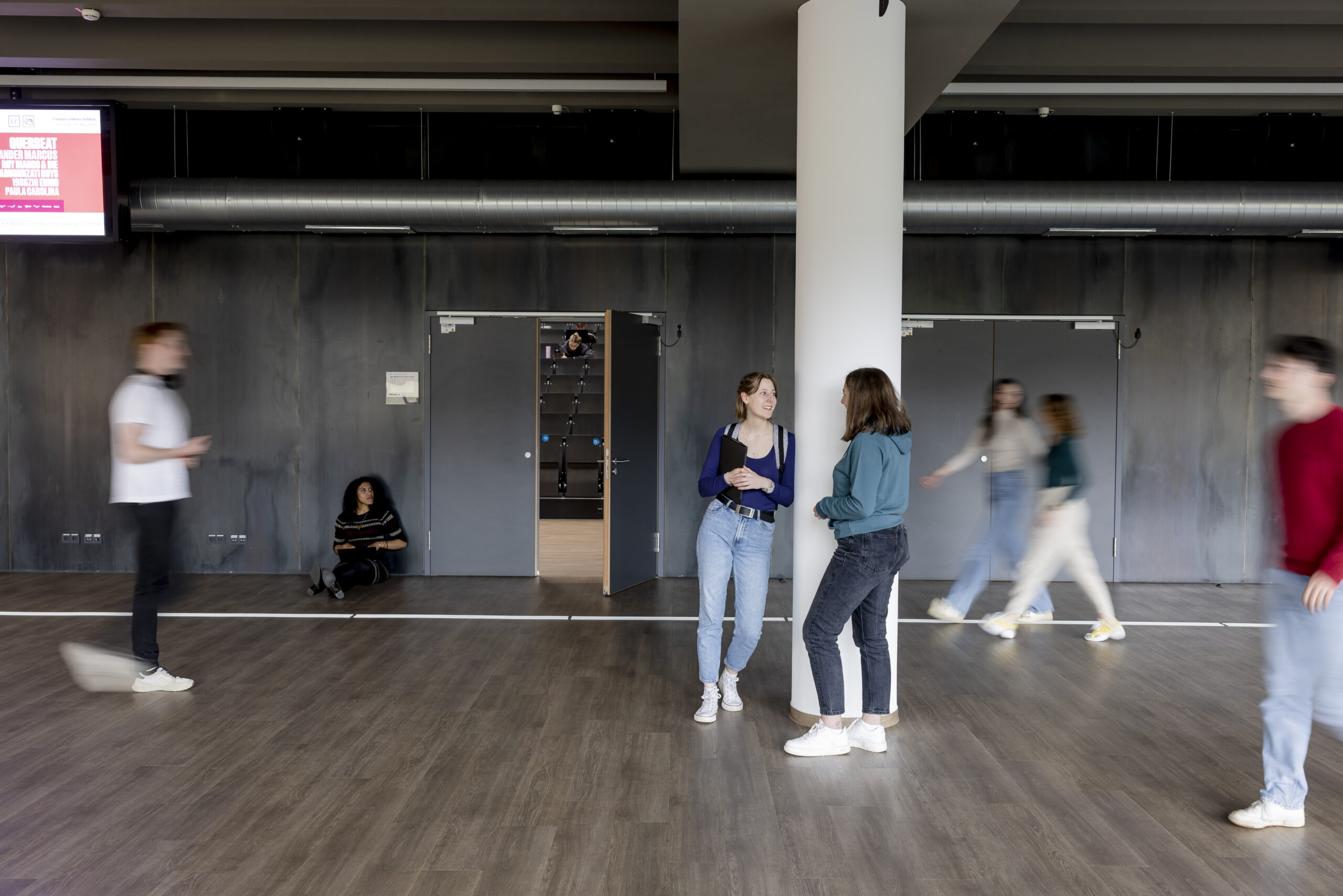
Bachelor
philosophy
Short info about the course of study
| Restricted admission | Standard period of study | Start of studies |
| no | 6 semesters 12 semesters (part-time) | Winter semester |
Authorisation procedure
The degree program is admission-free, you can enroll directly without an application.
Enrolment deadline
16 July – 29 August 2025
completion
Bachelor of Arts
Further information about the degree programme
Language of instruction
German
The course of study
Philosophical questions are often directly related to the self-understanding of man in his environment. Analytical and critical thinking is therefore taught and particularly encouraged during your studies.
For a deeper understanding of philosophy, the bachelor's program provides you with the basic basis. You will acquire a broad knowledge of the history of philosophy, get to know philosophy in its substantial systematic sub-areas, in the decisive phases of its historical development and the various disciplines. In addition to a basic basis, you will be able to develop your own focal points.

5 reasons to study philosophy in Siegen
✓ Small seminars and close contact with teachers
✓ Good, individual support (no mass subject)
✓ Early involvement in research possible (e.g. Participation in colloquia)
✓ Summer Schools and opportunity to benefit from the international networking of the Philosophical Seminary
✓ Interesting focus of the teachers*
*If you are interested in one of the following areas, you should study philosophy in Siegen: Philosophy of Time, Analytical Ontology/Metaphysics (Time, Substance); Philosophy of physics (space-time, quantum theory); Kant's Theoretical Philosophy; Philosophy of Psychoanalysis (Freud); philosophy of economics (money); Kant's practical philosophy, especially commentary on Kant's works; Historiography of philosophy in the 19th century; Philosophy of the early modern period, such as Cusanus; (intercultural) philosophy didactics, philosophizing with children
Career prospects
The Bachelor's program promotes your analytical and critical thinking. The presentation of problems as well as the positioning on questions qualifies you for a variety of professional fields in which communicative, argumentative as well as analytical and problem-solving skills are required; These include media and communication, management, educational and cultural work, and advisory activities.

This is what Paula Becker says about her course of study:
"I'm on a journey of discovery"
Read more
I have always liked to think about life, ethical and moral questions and possible answers. I am very enthusiastic about being able to deal with concrete positions, people, as well as the history of the oldest science. My previous impression of this course of study is really positive, I like the historical component and the way to question and learn how to recognize inconclusive arguments, argue correctly and what right-sounding theories actually imply at first. Philosophy has a high relevance in our society, especially in times of crises it is worthwhile to deal with fundamental questions. I am now in my third semester and still on a journey of discovery and have the nice feeling that this will not stop.
Paula Becker
Admission requirements
The B.A. Philosophy course always begins in the winter semester. Requirements for access are the general university entrance qualification, the subject-specific university entrance qualification or the technical college entrance qualification. Applicants with a subject-related university entrance qualification or a technical college entrance qualification must meet certain entry requirements.
Study structure
In the subject bachelor's degree program of the Faculty of Arts and Humanities, you can combine different subjects in a variety of ways:
| compartments | 1-subject course of study | Studyable as Advanced core subject | Core subject | Complementary subject |
| Christian Theologies from an Ecumenical Perspective | ✓ | ✓ | ||
| Digital Media and Technologies (1) | ✓ | |||
| European business communication | ✓ | |||
| Film studies (1) | ✓ | |||
| history | ✓ | ✓ | ✓ | |
| History of Art (Faculty II) | ✓ | |||
| Literature, culture, media | ✓ | ✓ | ✓ | ✓ |
| Media Management (Faculty III) (2) | ✓ | |||
| Media studies | ✓ | ✓ | ✓ | |
| philosophy | ✓ | ✓ | ✓ | |
| Play and Games Studies (1) | ✓ | |||
| sociology | ✓ | ✓ | ✓ | ✓ |
| Social Sciences in Europe | ✓ | |||
| Language and communication | ✓ | ✓ | ✓ | ✓ |
| Economics (Faculty III) | ✓ | |||
2: Media management can only be studied in combination with media studies as a (extended) core subject.

Advice and contact
Make an appointment now at:
info.studienberatung@zsb.uni-siegen.de
or by phone at: 0271 740-2712
(Mon – Thu: 9 a.m. - 4 p.m. / Fri: 9 a.m. – 12 noon)